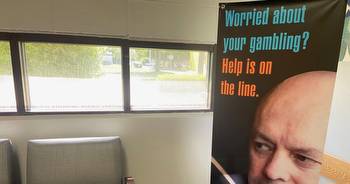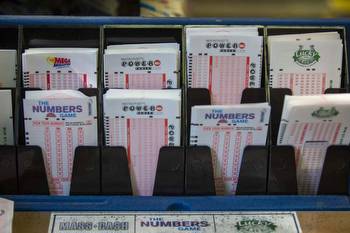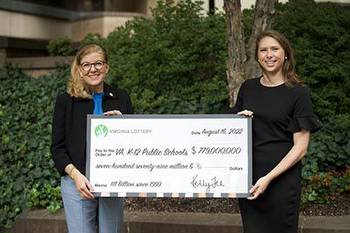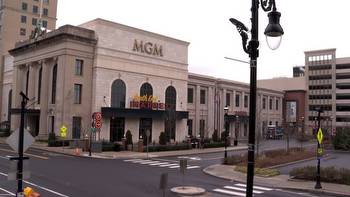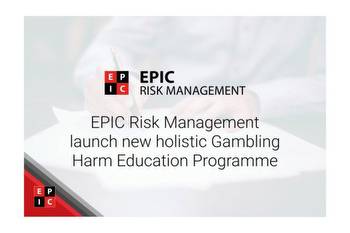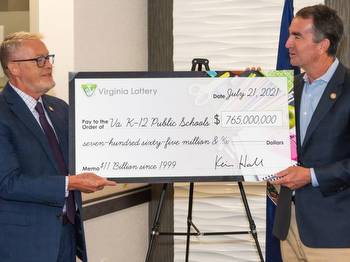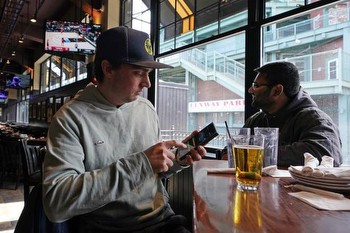Why Massachusetts shouldn’t put its lottery online
Flip on a game. Close a pop-up ad. Glance up from your morning commute. Online gambling: you can’t escape it. It seems to be everywhere.
It also appears in the Massachusetts budget. Governor Maura Healey’s proposed $58 billion spending bill for next year includes ambitious initiatives to address the Commonwealth’s biggest challenges in housing, economic development, transportation, and education. The so-called millionaires tax is paying its promised dividends, underwriting free school meals for children, expanded early education, and the most significant investment in literacy in the Commonwealth’s history.
And, perhaps with a nod toward belt-tightening and needed revenue, the budget proposal also seeks to allow the Massachusetts State Lottery to start an online program, iLottery, and extend its offerings to e-games like electronic slots. This proposal has been offered by the House during past budget negotiations. No need to stop by a convenience store or a casino; Massachusetts residents would need only to unlock their smartphones to play the state lottery.
Massachusetts has a well-earned reputation for being a leader in progressive school funding. With the 1993 Education Reform Act, the state began to not only dramatically increase funding for its schools but also redistribute those funds to higher need school districts and students. The 2019 Student Opportunity Act doubled down on this concept, updating the formula to better address the needs of students from low-income families and the increase of English learners.
So, it is ironic that Massachusetts schools are also supported by one of government’s most regressive programs: the lottery.
Created a little more than 50 years ago, the Massachusetts State Lottery runs a multitude of games, awards prizes, and passes on its profits. Cities and towns are the beneficiaries, with the additional local aid primarily going to schools. In a record year, 2023 delivered more than $1 billion in lottery money across Massachusetts.
But, like any raffle, there are many more losers than winners. The city of Brockton serves nearly 15,000 children, the majority of whom are high needs or low income. Given that the school district has recently faced significant financial issues, it may be comforting, at first, to learn that over a period of five years, Brockton received nearly $100 million in lottery-based aid. However, during that same time period, nearly half a billion dollars was spent on the lottery in Brockton. Hundreds of millions of dollars left Brockton’s economy and, against all principles of equity, was redistributed to wealthier towns, some of which receive millions in lottery-based aid despite the fact that their communities have no lottery sales.
GeoComply, the firm tasked with tracking the location of online wagers in the state, has reported that the majority of wagers come from Massachusetts cities, including Gateway Cities such as Springfield. That same reporting indicated new sports bettors were on track to wager nearly $11,800 per year. The median income of Springfield is $23,318.
Notably, at least in the context of sports gaming, bettors must be 21 or older; and the state Gaming Commission has put in place nation-leading consumer protections. The iLottery has none of these protections — and 18-year-olds are permitted to gamble.
Voters, it turns out, don’t want any part of that. Polling from PFP Research from last summer showed little support to create an iLottery. Once respondents were informed of two simple facts — that Massachusetts spends more on its lottery than any other state and that online gambling is associated with health issues — they didn’t want it. Voters rejected an online lottery by a 20-point margin. Just as important, few respondents (8 percent) strongly supported the idea.
Online gambling is addicting and correlated with physical and mental health problems. Why would the government want to subsidize and propagate it? If anything, Massachusetts should be taking a more aggressive approach in regulating out-of-state, for-profit online lotteries that are trying to gain market share in the Bay State. Introducing casino-like e-games to the Commonwealth under the banner of “iLottery” carries substantial public health risks, the cost of which may far outpace the revenue earned.
The inclusion of the online lottery in the governor’s draft budget provides the attention the issue deserves. It allows time for a serious analysis of the inequity and public health costs that flow from the proposal, which will demonstrate that there must be another way to find the revenue needed to support families and kids across the Commonwealth.
Will Austin is chief executive officer of Boston Schools Fund.









